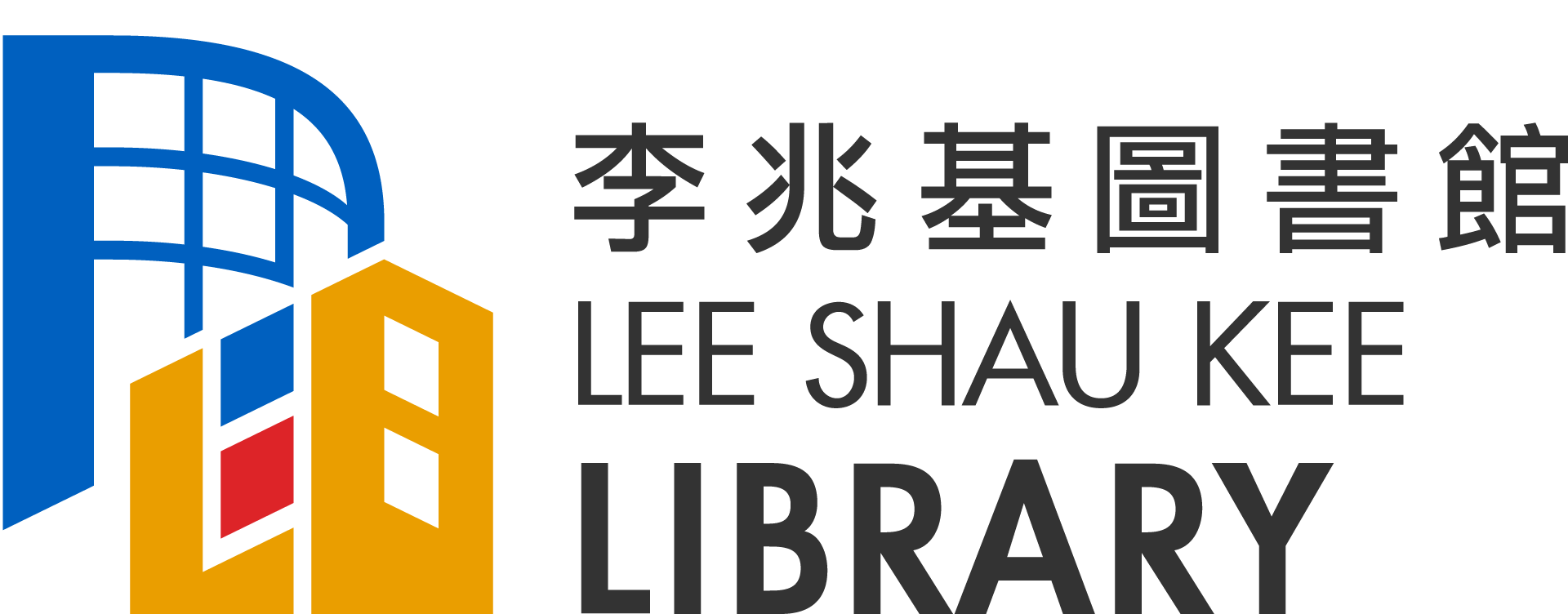
Generative AI can revolutionize scholarly communication by breaking down technical, language, disciplinary, and practical barriers. In a webinar organized by HKUST Library, the speaker showcased her projects demonstrating its transformative potential.
Democratizing Knowledge with Generative AI
In the pursuit of creating a more equitable world, Dr. Lucy Lu Wang from the University of Washington proposes that generative AI can play a vital role in breaking down barriers to accessing scholarly research. In her guest talk on "Generative AI for Translational Scholarly Communication," she highlights how advanced AI systems have the potential to transform complex academic publications into understandable resources for various audiences such as practitioners, policymakers, and the public. Her work shows that generative AI is far more than just a chatbot—it can help disseminate knowledge to all who stand to gain from it.
Barriers for Non-Academic Audiences
Despite the increasing availability of open access publications, there are still significant barriers that hinder non-academic audiences from comprehending and benefiting from scholarly research. Dr. Wang identifies several challenges, including technical barriers for individuals using assistive technologies or encountering papers with poor machine readability, which make it hard to search and discover the content by machine. Language and knowledge barriers also exist for non-experts who are unfamiliar with academic jargon, advanced terminology, and concepts. Additionally, disciplinary barriers prevent researchers from other fields from fully understanding papers, while practical barriers hinder practitioners from effectively applying research findings to real-world problems.
Overcoming these multifaceted barriers is crucial for expanding scholarly communication beyond the ivory towers and making scientific knowledge more accessible and usable for all.
Projects Demonstrating the Potential of Generative AI
The following three projects demonstrated by Dr. Wang exemplified the transformative power of the AI technology.
Transforming Human-Computer Interaction (HCI) Findings for UI/UX designers
One project focuses on using generative AI to convert design implications and guidelines from HCI papers into "design cards" tailored for UI/UX practitioners. By combining different parts of the paper with relevant design guidelines, an AI model generates title ideas, descriptive text, and prompts for a text-to-image model (Figure 1). The resulting design cards include a title, a concise description, relevant images, a paper summary, and an evidence quote with citations (Figure 2). 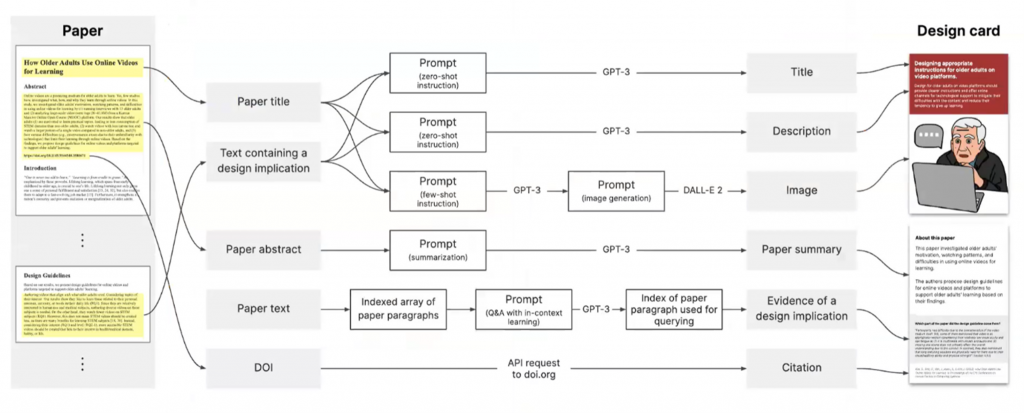
Figure 1. Automating Design Card Generation
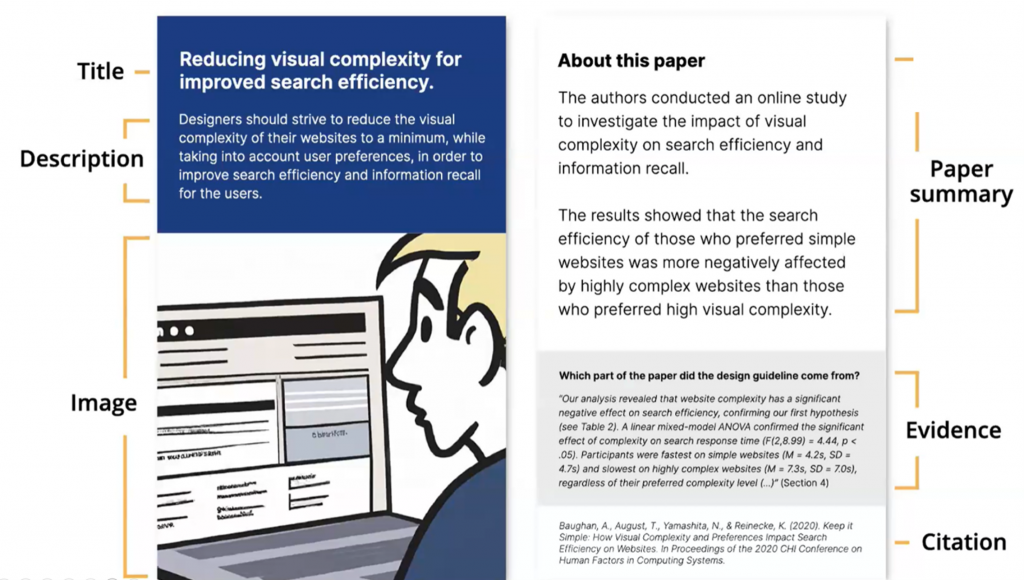
Figure 2. Design Card example
Transforming Medical Papers for Healthcare Consumers
Another project aims to enhance comprehension of complex medical papers for healthcare consumers. The system extracts key terminology unfamiliar to consumers and provides plain language definitions from medical dictionaries and Wikipedia. Additionally, section summaries generated by AI models offer overviews of each section, helping readers determine relevance. A sidebar with relevant questions, linked to corresponding passages in the paper, provides further assistance (Figure 3).
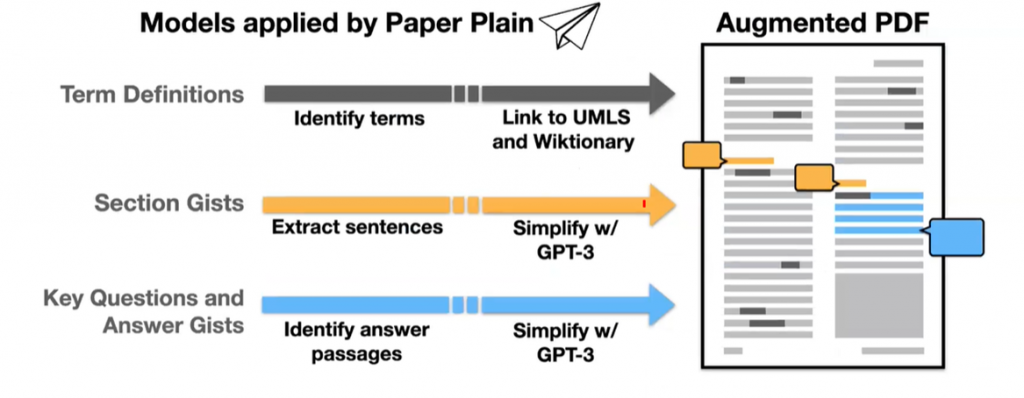
Figure 3. Models applied by Paper Plain
Assisting Authors with Alt Text Creation
Dr. Wang's research also addresses the lack of accessibility in scholarly PDF papers for blind and low vision readers. Many papers lack adequate alternative text descriptions (alt text) for images, primarily due to authors' difficulty in writing suitable alt text themselves (Figure 4).
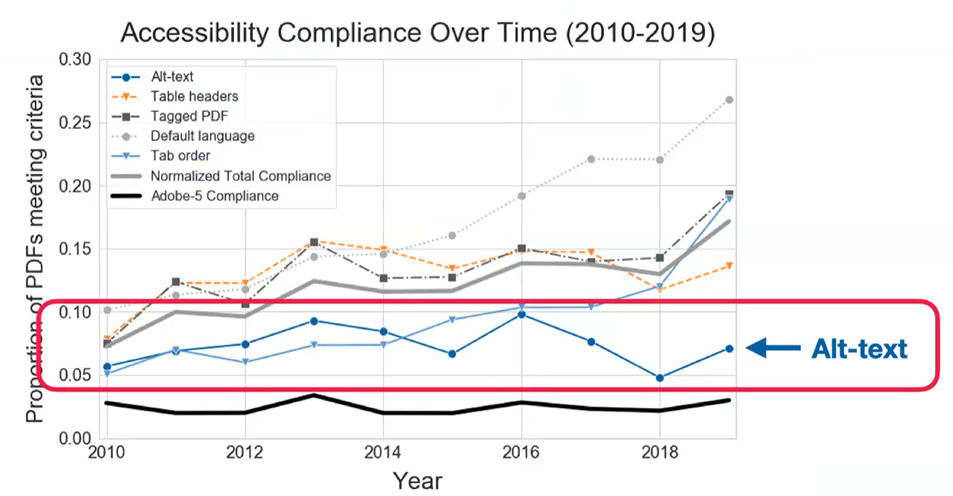
Figure 4. Accessibility compliance over time
To tackle this issue, an interactive alt text writing assistant has been developed (Figure 5). The system suggests alt text by combining extracted information from the paper with accessibility guidelines, allowing authors to edit and finalize the text while ensuring accuracy and completeness.
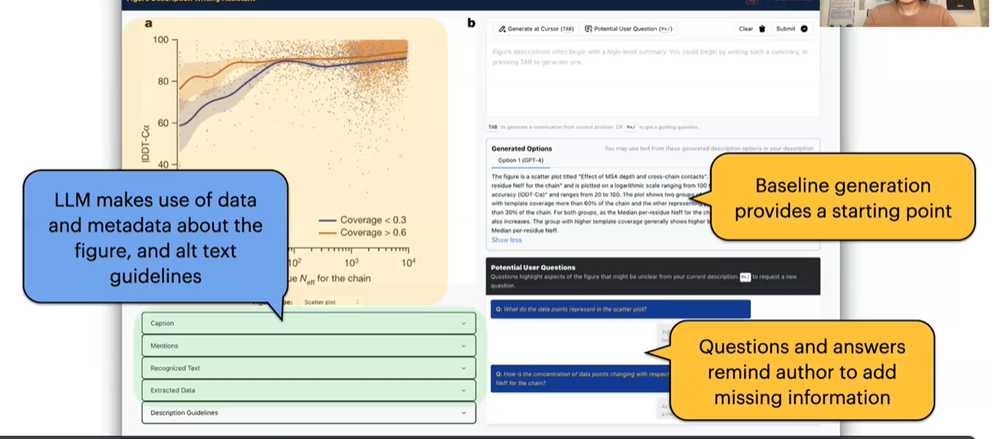
Figure 5. The alt text writing assistant example
Summary
Dr. Wang's projects exemplify the potential of generative AI in making scientific learning accessible worldwide. By transforming scholarly writing into multimodal formats, these projects broaden the reach of academic research beyond paywalled journals and citations. However, it is essential to navigate the risks of accuracy and bias associated with generative AI. Nevertheless, the utilization of generative AI in scholarly communication offers promising directions for equitable knowledge sharing, empowering practitioners and communities with scientific insights to drive progress. By democratizing access to knowledge, we can create a powerful world characterized by diversity. Scholarly communication platforms enhanced by generative AI have the potential to transcend borders and reach those who need information the most.
The recording of the webinar is available via this link (HKUST staff and students log-in required).

